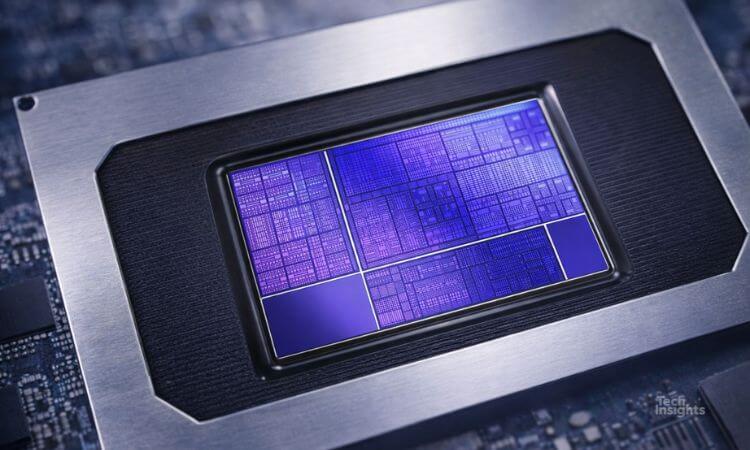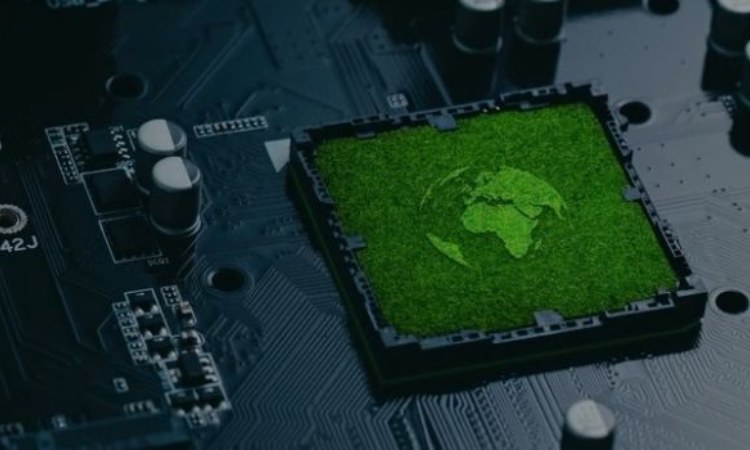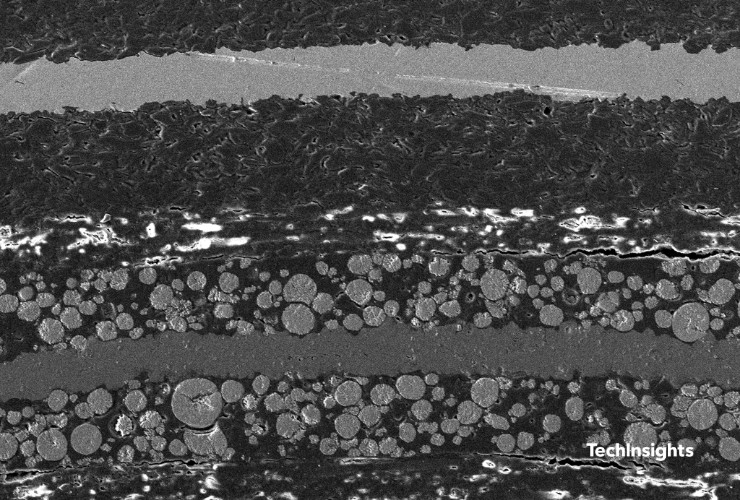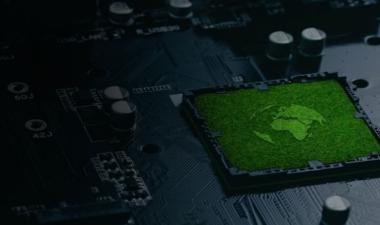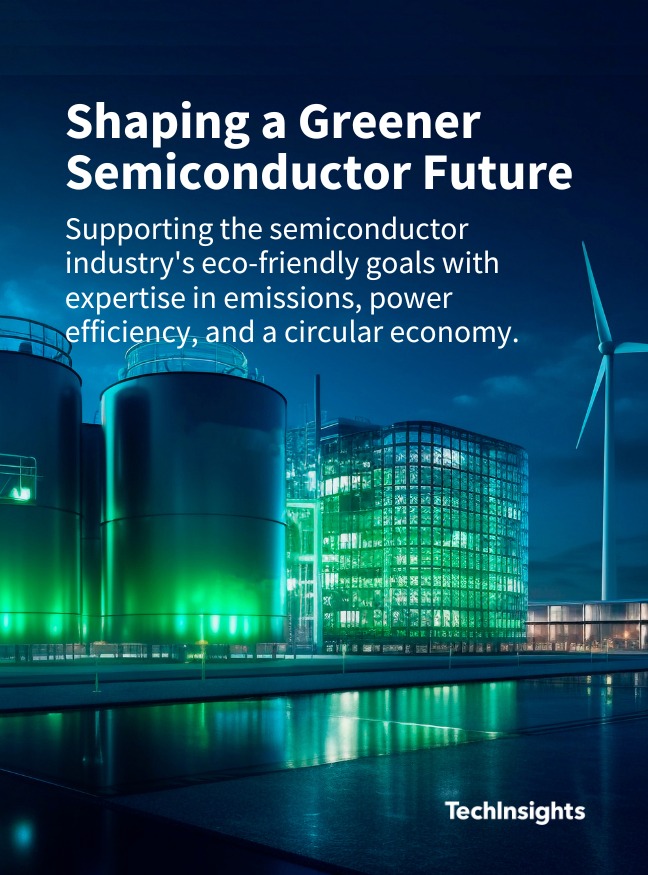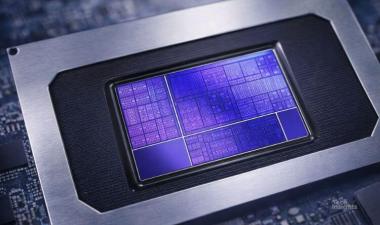VINATech Hybrid Capacitors used in the Samsung TV Remote Control

Sustainability in Powering Consumer Electronics
In the fast-paced world of consumer electronics, sustainability is the name of the game. In this blog, we'll explore the role of lithium-ion batteries (LIBs) and the rise of hybrid supercapacitors in making our gadgets more eco-friendly.
Read Full Article Start My Free Trial
LIBs have long been the trusted power source for portable devices, but their production carries a hidden carbon footprint. To address this, the industry is turning to supercapacitors, which offer eco-friendly materials and a significantly longer lifespan.
However, supercapacitors face challenges like low energy density and self-discharge due to their charge storage mechanism. Enter hybrid supercapacitors, a game-changing solution. They combine the strengths of supercapacitors and batteries, gaining attention from Original Equipment Manufacturers (OEMs) for their lower carbon footprint and prolonged lifespan.
In 2021, Samsung made a noteworthy move by adopting VINATech's hybrid capacitors in their QLED TV remote controls. These capacitors are charged using solar USB-C chargers and RF harvesters, marking a significant shift towards sustainable powering solutions.
VINATech's Hybrid Capacitors stand out for their ability to suppress self-discharge and offer a broad operating potential window. These Lithium-ion capacitors have a graphite-based anode and a cathode comprising carbonaceous and Nickel Cobalt Manganese intercalation compounds.
Benefits of these hybrid capacitors include:
- High Power Density: Combining supercapacitor power capabilities with lithium-ion battery energy density, they enable rapid energy delivery, ideal for quick charging and discharging.
- Long Cyclic Life: These capacitors outlast traditional supercapacitors, enduring more charge and discharge cycles without significant degradation, reducing their carbon footprint.
- High Energy Density: Bridging the gap between supercapacitors and lithium-ion batteries, they achieve higher energy densities.
- Lower Carbon Footprint: Life cycle assessments reveal that VINATech hybrid capacitors have a smaller carbon footprint than lithium-ion batteries.
This shift towards sustainable power sources promises a greener and more efficient future for consumer electronics. Join us on this journey to explore the exciting possibilities of hybrid supercapacitors in powering a more sustainable tomorrow for our gadgets.

